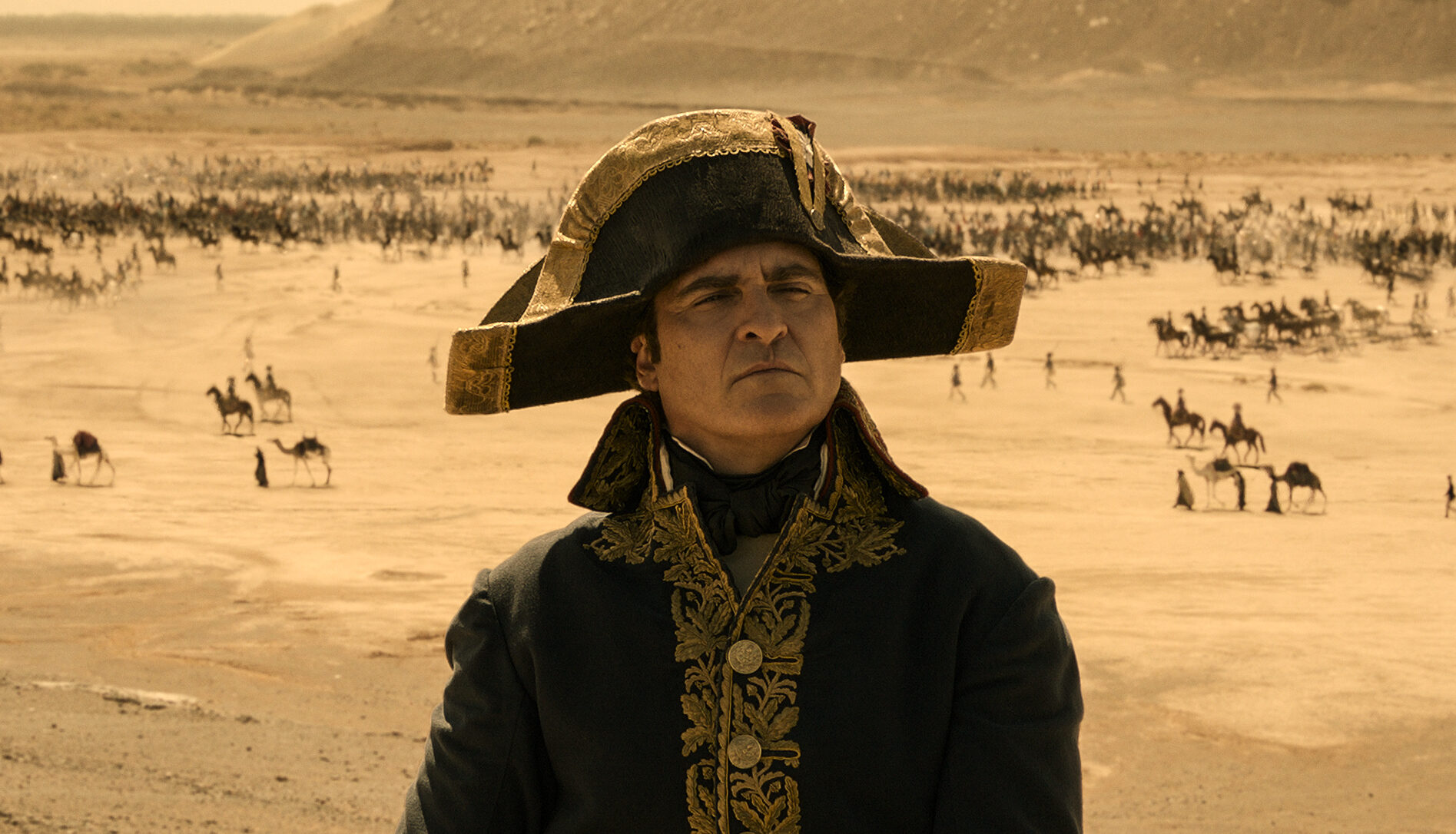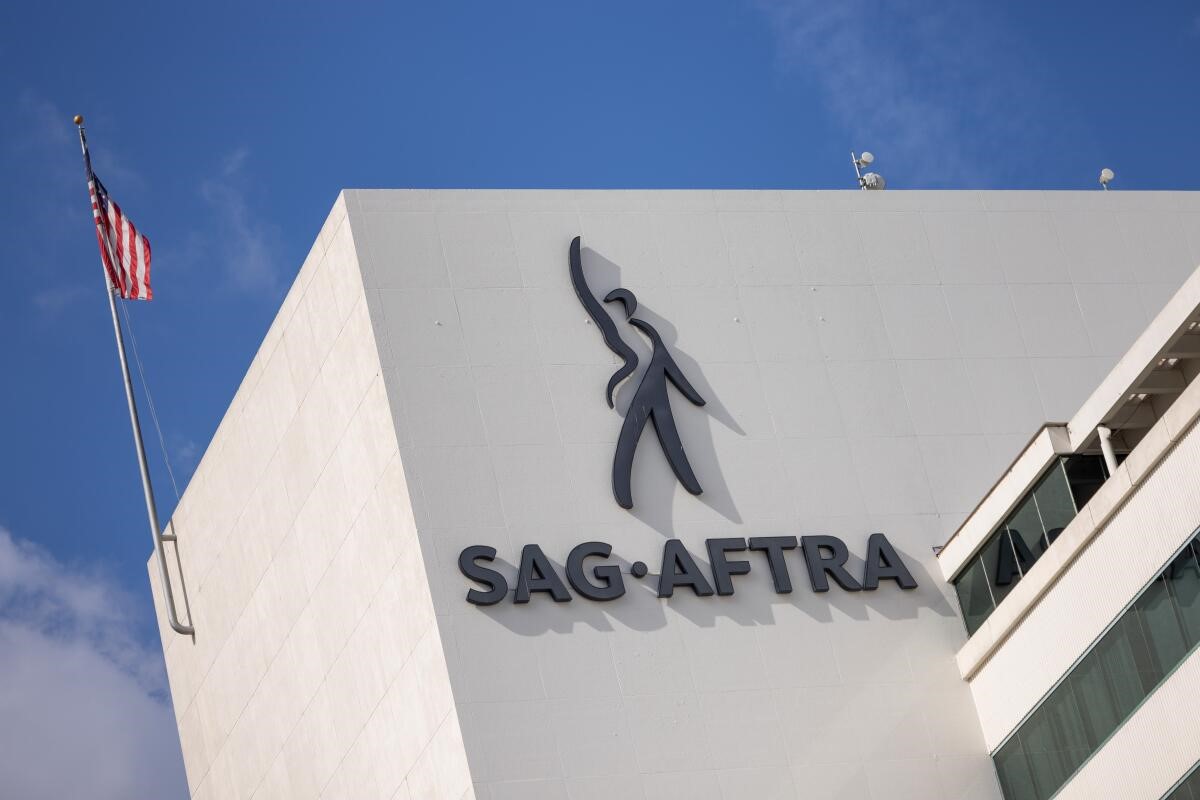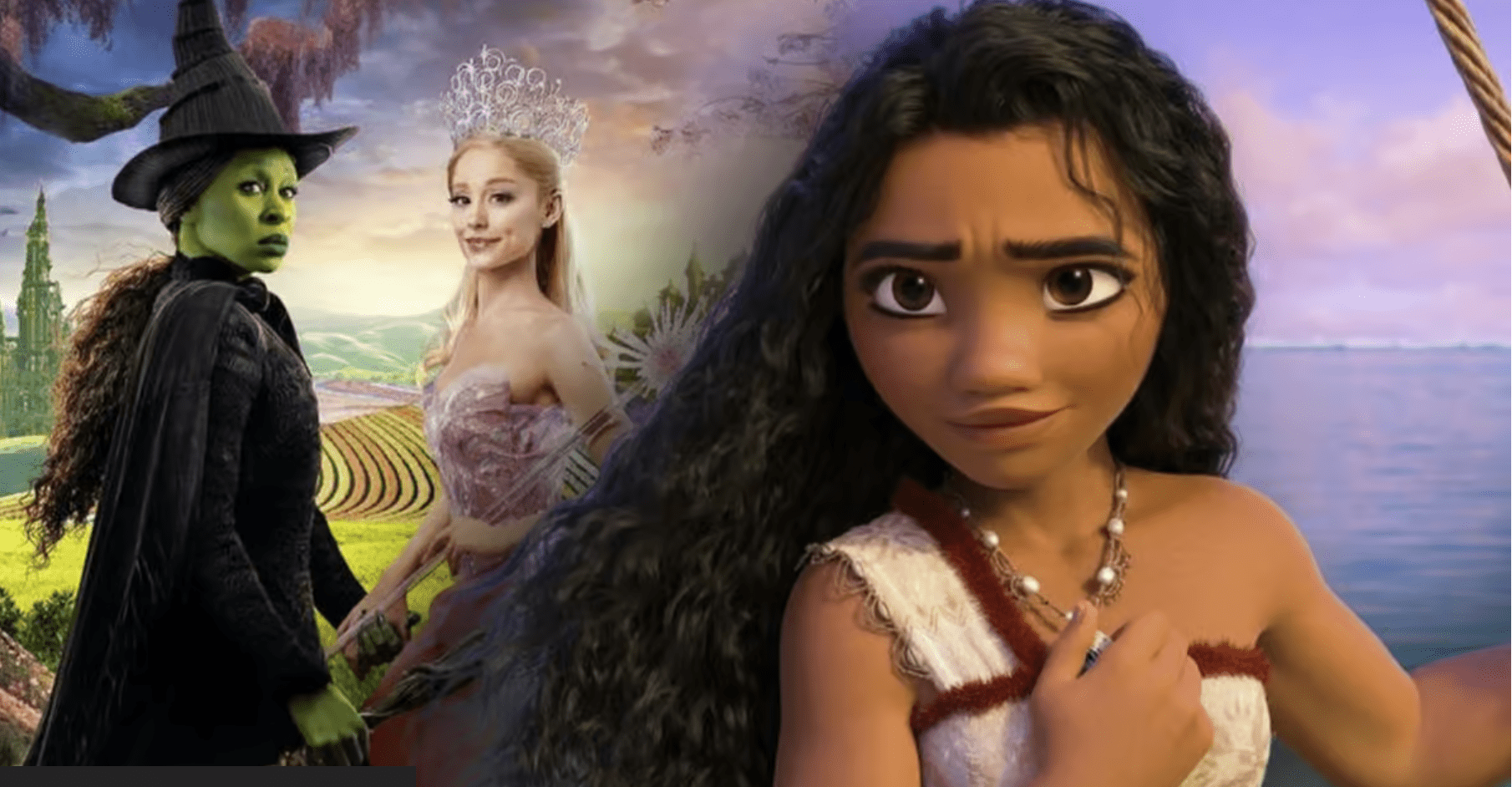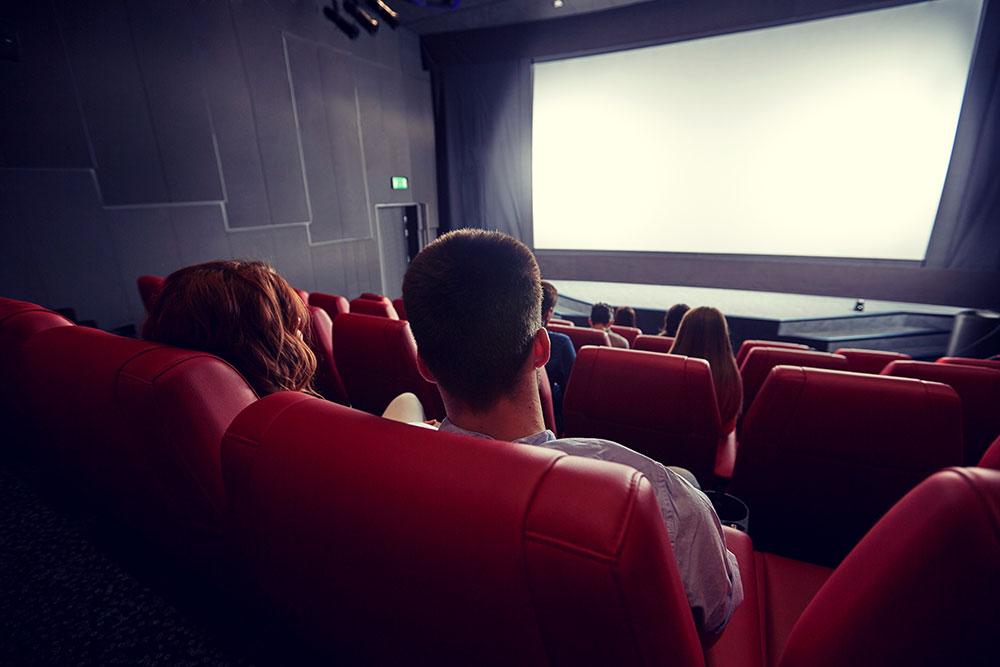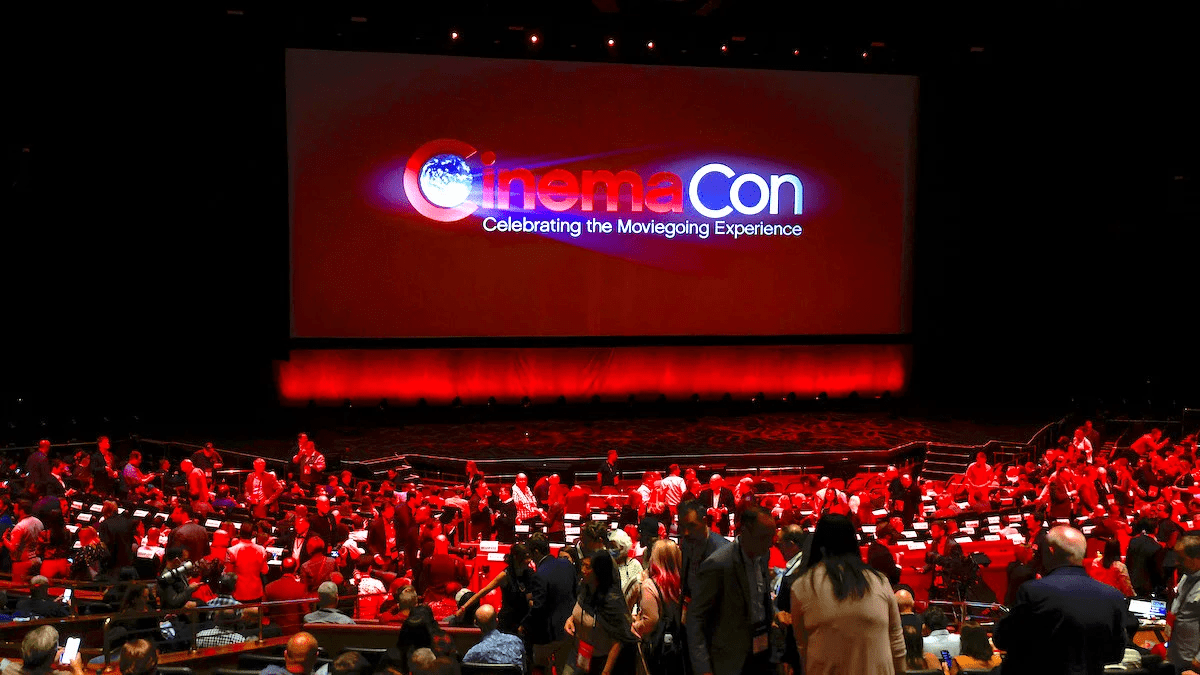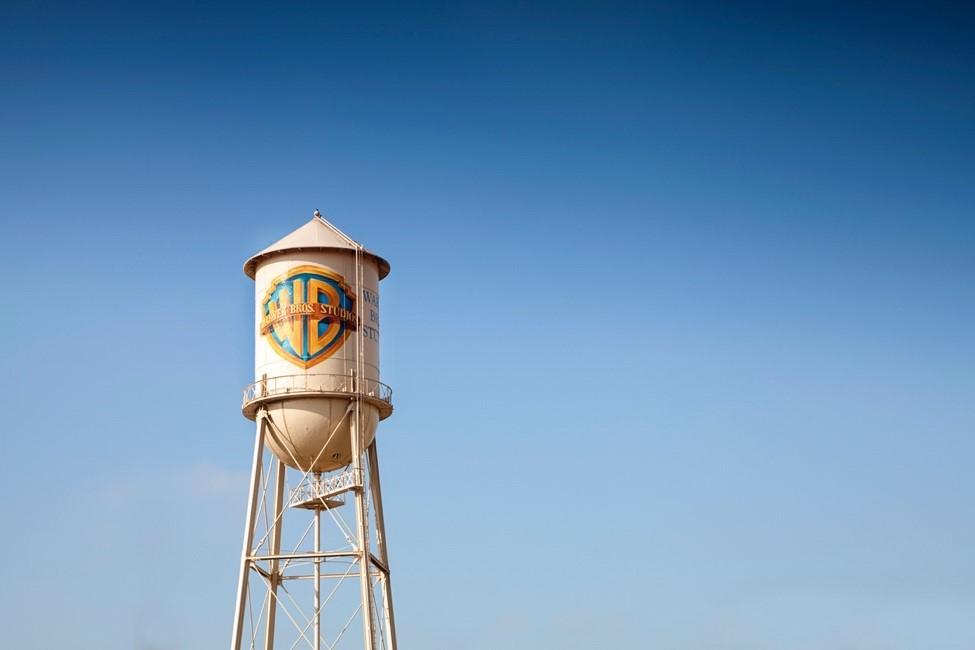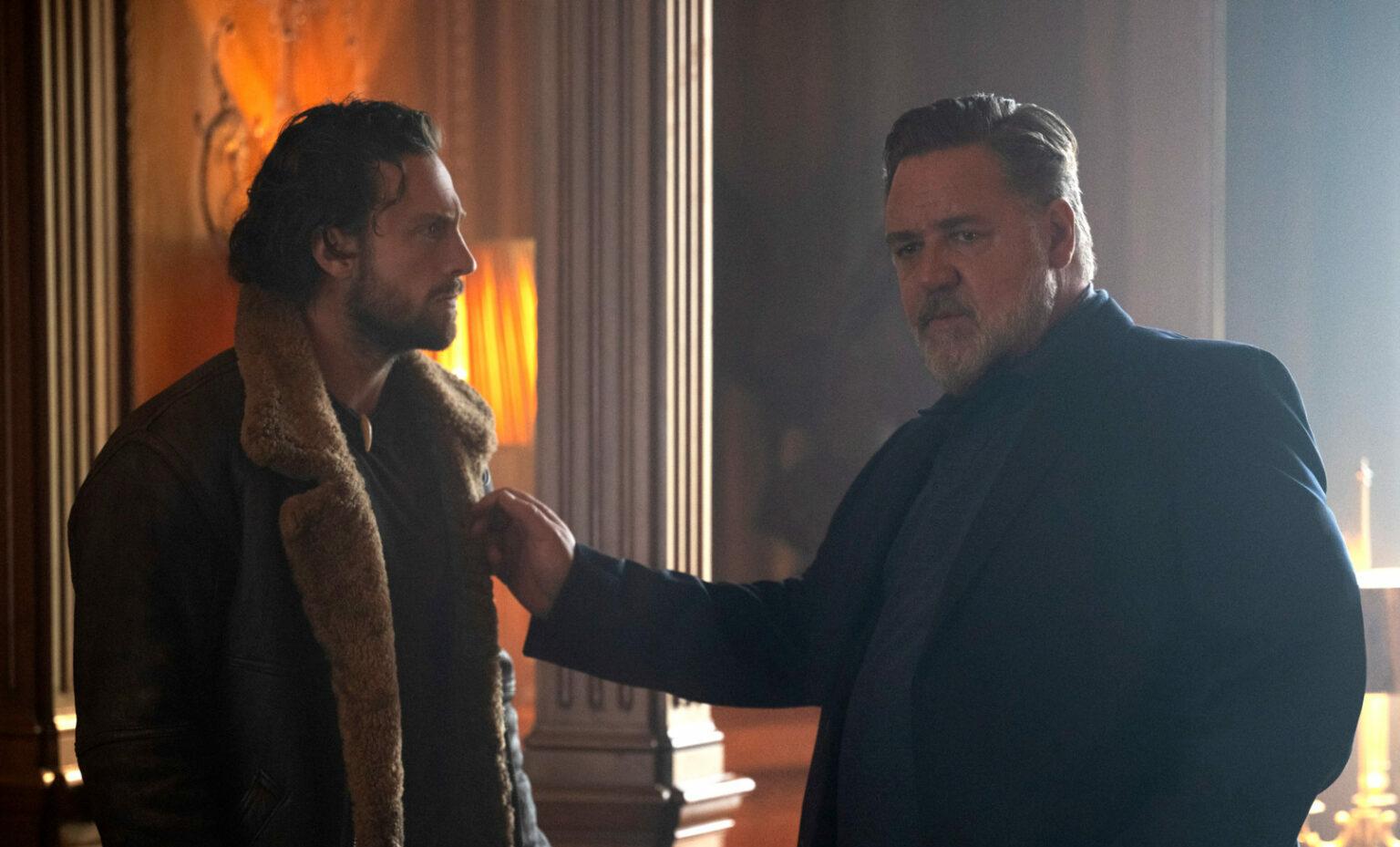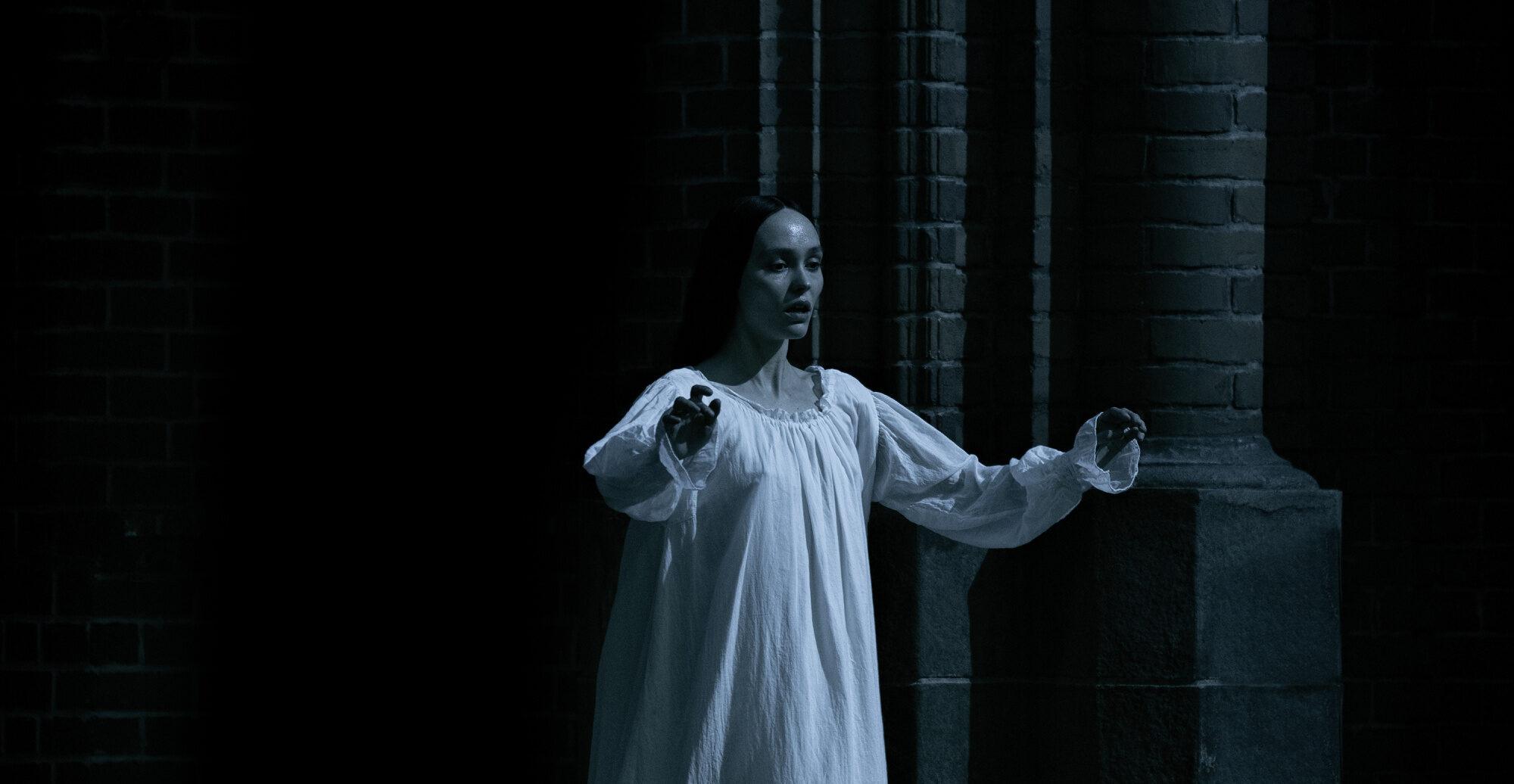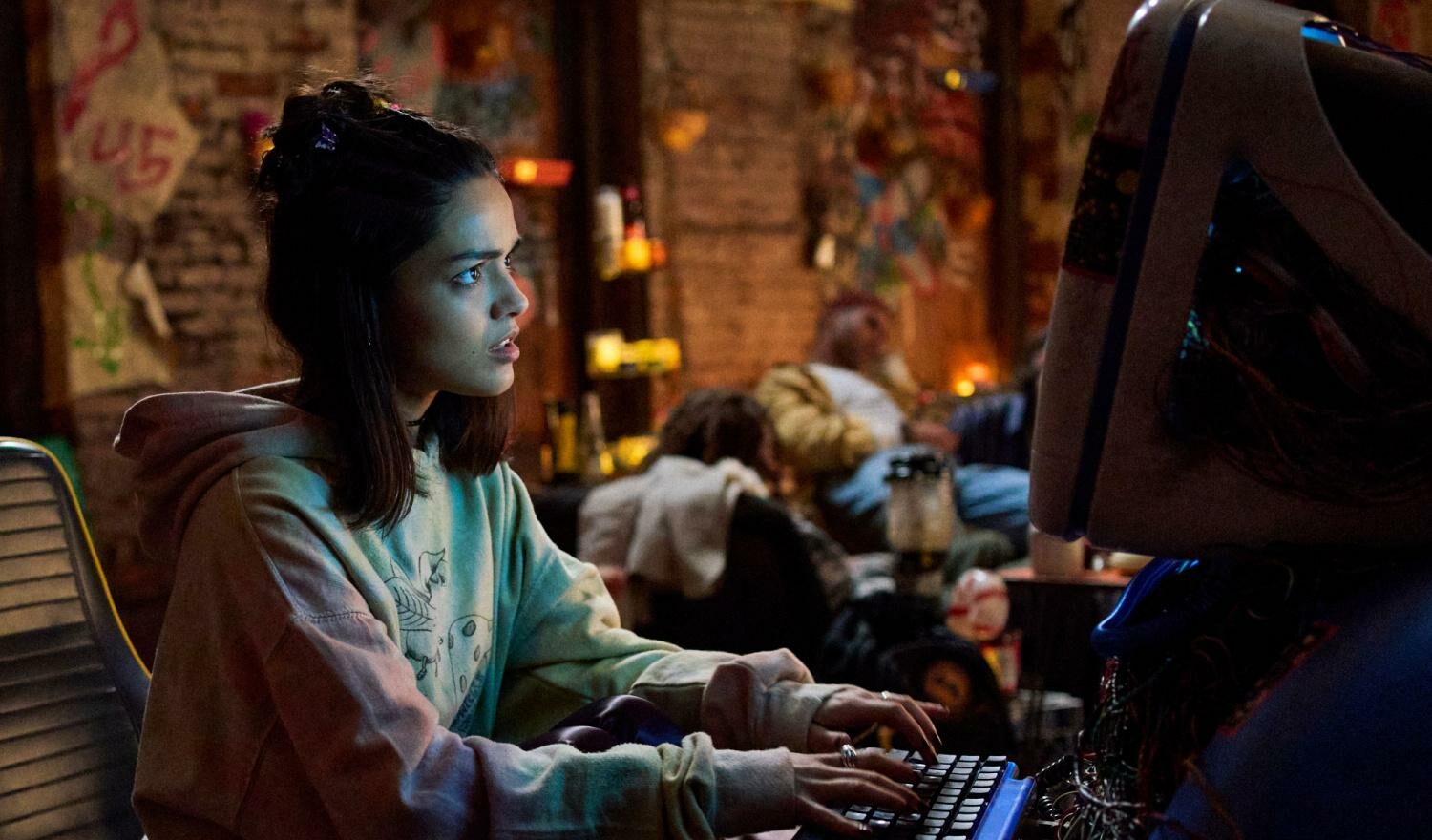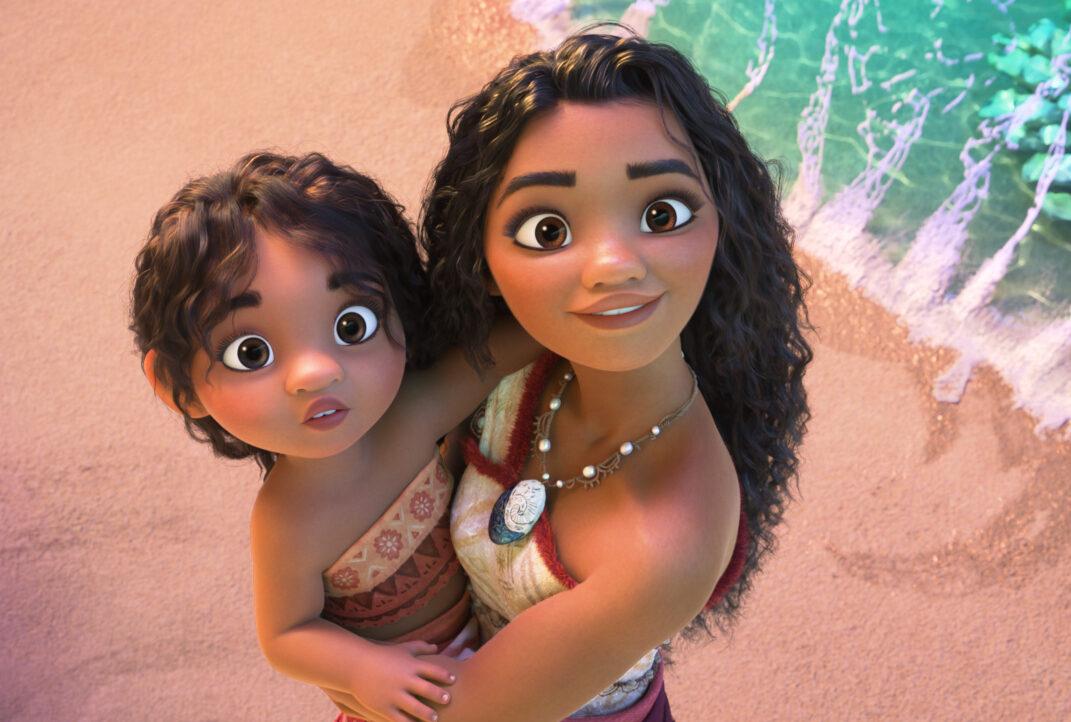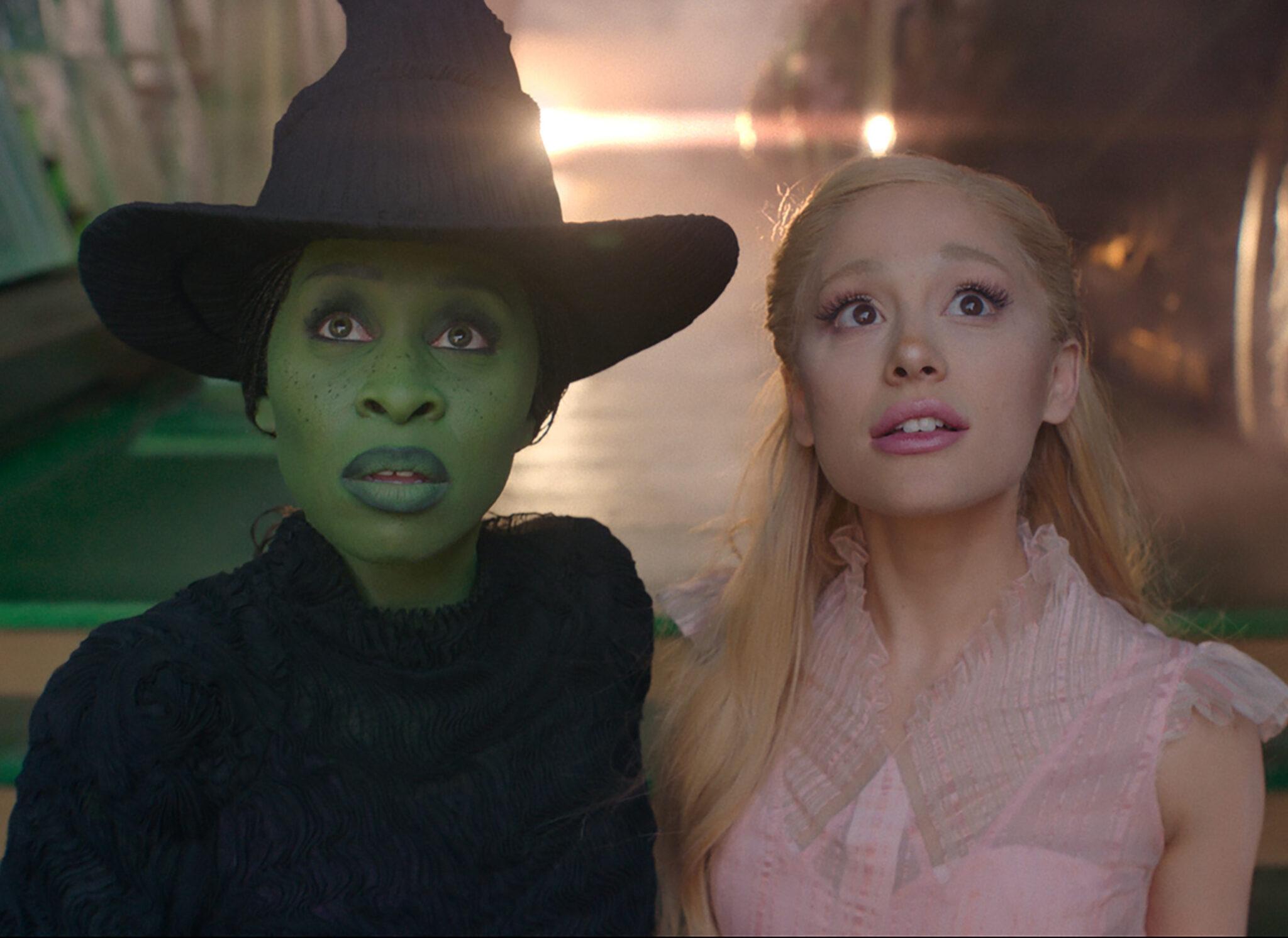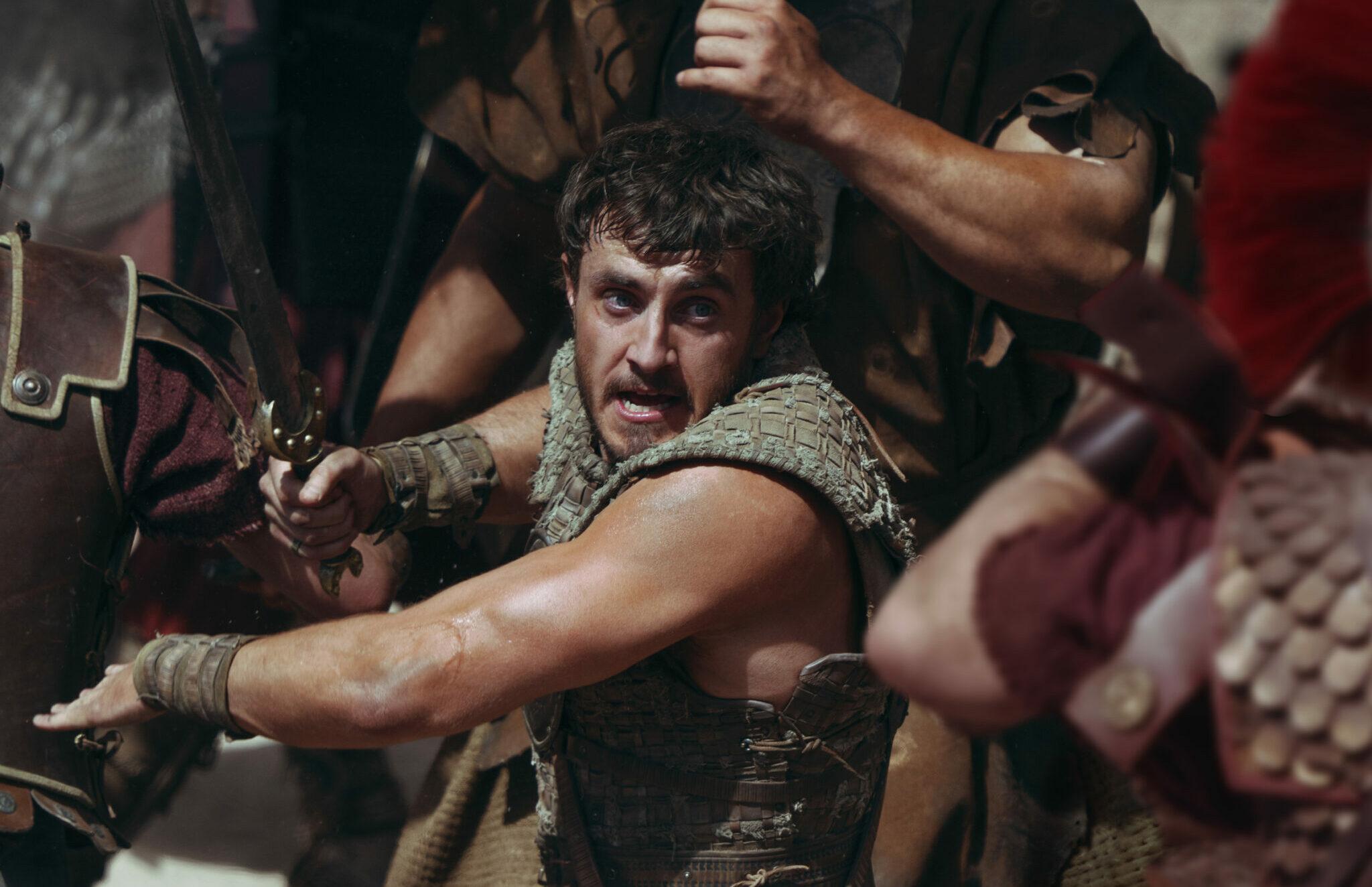VERDICT: While this sumptuously mounted production delivers a sweeping war epic, one hopes Ridley Scott’s promised director’s cut will fill in the emotional and historical blanks.
While director Ridley Scott avoids trapping himself in his own aesthetic Waterloo, Napoleon nonetheless comes to the screen with ambitions that outstrip the still-impressive results. Scott has promised an eventual director’s cut, some 92 minutes longer, when the film eventually drops on Apple TV+, so it’s entirely likely that that version will include subtleties of characterization and historical complexity currently being skated over by the theatrical version.
There’s plenty of precedent for longer being better for Scott, from the various edits of Blade Runner that emerged in the decades following that film’s original box-office disappointment to Scott’s much longer, much richer director’s cut of Kingdom of Heaven.
In its current version, though, Napoleon offers the sweep and spectacle that’s offered all too rarely by contemporary cinema. While CG artists no doubt enhanced the crowd scenes and the battle sequences, there’s a scale to the film that goes beyond what generally happens in post. (The closing credits tellingly mention not just the operators of the A, B, and C cameras but also G, H, and J.)
The Battle of Austerlitz segment, in particular, plays like the best of epic filmmaking: Scott demonstrates in grand-scale movement the protagonist’s skill at strategy and warcraft, contrasting the breathtaking sight of thousands of cavalrymen on horseback with the horror of bloody casualties falling through ice, sinking to the bottom of a frigid river as their blood streaks the water.
That skillful protagonist, of course, is Napoleon Bonaparte (Joaquin Phoenix), and the screenplay by David Scarpa (All the Money in the World) goes for the wide angle of this extraordinary life, cramming in many of Bonaparte’s military and political achievements between the French Revolution in 1789 and the deposed emperor’s death in exile in 1821. As such, audiences are treated to the highlights, including the siege at Toulon, the campaign in Egypt, the coronation as emperor, the burning of Moscow, and the catastrophe of Waterloo.
That doesn’t leave a lot of room for character or motivation (outside of a few mentions of Bonaparte’s pushy, ambitious mother), much less historical background regarding France’s relationships with its many enemies of the era, including but not limited to Russia, Prussia, Britain, and Austria.
The screenplay does address the fact that other rulers resented the Corsican-born Napoleon for not being part of their aristocratic class — a fact underscored by the film’s funniest scene, in which a petulant Napoleon whines to an enemy potentate, “You think you’re so great because you have BOATS!” — leading to the ultimate face-off with an exceedingly haughty Rupert Everett as the Duke of Wellington.
Napoleon’s most riveting moments away from the battlefield involve Bonaparte’s relationship with Josephine (Vanessa Kirby), a pairing that the film posits contains both genuine affection and psychological one-upmanship, feverish passion, and awkward rutting. Kirby has the wary, calculating eyes of a survivor (she first appears in the film as she’s being let out of prison, following her first husband’s execution during the Reign of Terror), and it’s in their scenes together that Phoenix’s performance truly comes alive.
He spends much of the rest of the film glowering and looking off in the distance as though he were posing for a portrait. (“You’re good at scowling,” Bonaparte says to a political rival at one point, which is a real stones-in-glass-houses moment.)
The film’s epic nature embraces not only size and scope but also the exquisite craftsmanship on display, from the detail work of Janty Yates and Dave Crossman’s costumes to cinematographer Dariusz Wolski’s ability to differentiate a successful battle from a disastrous one simply through his lighting choices.
Napoleon Bonaparte has been a favorite subject of filmmakers going all the way back to Abel Gance’s silent epic, and Ridley Scott has planted his flag with a take that, even in this apparently truncated form, dazzles the eye and whets the appetite for the promised longer version yet to come.

